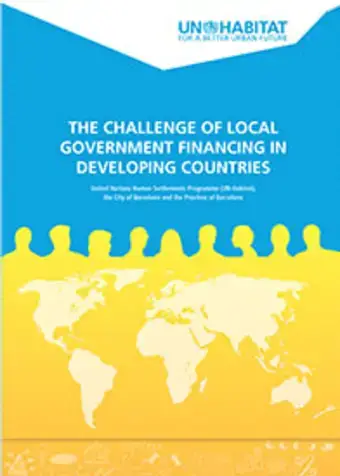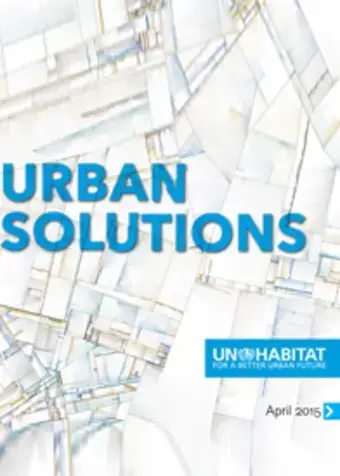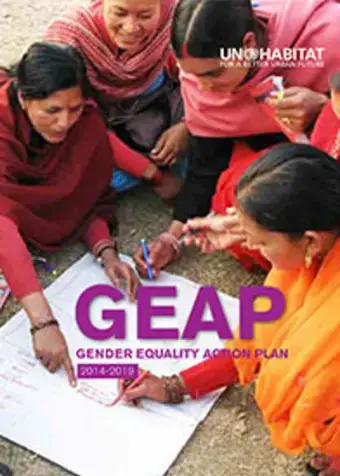Addis Ababa 31 March 2015 - The Africa Union Chairperson Ms. Nkosazana Dlamini-Zuma, has said that African Heads of State shall give a focused attention to the subject of urbanization at their next two Summits to be held in Addis Ababa and Kigali to ensure that the issues are well internalized.
UN-Habitat and ILO hold green youth entrepreneurship training in Tanzania
Dar es Salaam, 14 January 2015 - About 50 young men and women from Dar es Salaam participated in a hands-on training on energy efficiency, renewable energy technologies and green entrepreneurship held last month.
The training organized by UN-Habitat in collaboration with the International Labour Organization was held at the Vocational Educational Training Authority in Dar es Salaam.
Objectives and Long-term Goals of the Training
UN-Habitat hosts conference on credit ratings in Jordan
Amman 22 December 2014 - UN-Habitat organized a conference on December 16, 2014 in Amman, Jordan to finalize the results of the first ever credit rating project conducted in Jordan. UN-Habitat organized this conference in collaboration with the Muhanna Foundation in Lebanon and under the auspices of the Ministry of Municipal Affairs of Jordan.
The Economics of Urban Form
 This review compiles literature on the economic costs of urban form, as defined by density, centricity and city size. It shows support for the general conclusion that high-density monocentric forms and high-density polycentric forms offer the best balance of low transportation and infrastructure costs, low environmental impact, and high income-generation abilities.
This review compiles literature on the economic costs of urban form, as defined by density, centricity and city size. It shows support for the general conclusion that high-density monocentric forms and high-density polycentric forms offer the best balance of low transportation and infrastructure costs, low environmental impact, and high income-generation abilities.
The challenge of local government financing in developing countries
 Local authorities in all parts of the world play an increasingly important role in the delivery of fundamental basic public services. But they also face huge challenges. Most local authorities in developing countries are facing even bigger challenges today as a result of rapid and chaotic urbanization and the impact of more frequent natural disasters due to climate change.
Local authorities in all parts of the world play an increasingly important role in the delivery of fundamental basic public services. But they also face huge challenges. Most local authorities in developing countries are facing even bigger challenges today as a result of rapid and chaotic urbanization and the impact of more frequent natural disasters due to climate change.




